In a move aimed at enhancing transparency, Richard A. Jamieson, a supervisor in Warren County, has proposed significant reforms to the county’s closed-session meeting practices. During a session of the Board of Supervisors on March 15, 2024, Jamieson presented a memorandum advocating for changes that he believes will better inform board members about the necessity of closed sessions, ensuring compliance with the Virginia Freedom of Information Act (FOIA).
Jamieson’s proposal comes in response to recent situations where board members voted against convening in closed session to receive legal advice from county attorney Jason Ham regarding groundwater restrictions and agritourism matters. He emphasized that recent experiences have shown the current procedures could hinder supervisors’ abilities to effectively carry out their responsibilities.
“Access to written legal analyses is essential for understanding complex statutory matters,” Jamieson said. He pointed out that verbal legal advice often lacks the clarity required for informed decision-making, suggesting that a written product from the county attorney would be beneficial, especially for intricate ordinances and policies.
Jamieson also proposed that the county administrator deliver a quarterly report on the expenditures of the county attorney’s office, which has an annual budget exceeding $400,000. He believes that this would provide greater oversight and accountability, fostering a more transparent governance process.
Reactions from Board Members
The proposal has generated varied responses among board members. Vice Chairman John W. Stanmeyer and supervisors Cheryl L. Cullers and Hugh B. Henry participated in the work session, while Chairman Jerome K. Butler was absent. Cullers expressed discomfort with Jamieson’s recommendations, noting that the county attorney had not reviewed the draft policy.
“I have never felt uncomfortable going into closed session,” Cullers stated. She argued that while transparency is important, there are valid reasons for confidentiality in certain discussions, particularly those involving sensitive legal matters.
Jamieson clarified that his proposal does not eliminate closed sessions but seeks to incorporate a more public process for determining their necessity. “The board is responsible for these decisions, and the county attorney provides recommendations,” he added, underlining the importance of clarity in the decision-making process.
Discussion on Transparency and Legal Advice
Henry supported the idea of reducing unnecessary closed sessions but questioned whether a formal resolution was necessary. He noted that supervisors already have the authority to decide on closed sessions based on the situation at hand.
Stanmeyer highlighted the value of written notices for proposed closed sessions, suggesting that while guidelines could enhance transparency, there are potential downsides, such as the risk of information leaks.
“We need to create a framework that keeps the public informed while allowing for necessary confidentiality,” he noted, indicating that a balance is crucial in maintaining both transparency and effective governance.
As the board continues to deliberate on these proposed reforms, the conversation highlights the ongoing tension between transparency and the legal complexities of governance. How the board chooses to navigate these challenges will likely shape public perception and trust in local government practices in Warren County.






































































